In the latest explosive developments of One Piece’s “God Valley” flash-back arc, one of the most tantalising questions being debated by fans is the moral standing of the legendary Marine vice-admiral Monkey D. Garp. Does his service under the World Government — and by extension the regime of the Celestial Dragons — tarnish his reputation? Or is the criticism being levelled at him misplaced?
The Background: God Valley & the Stakes
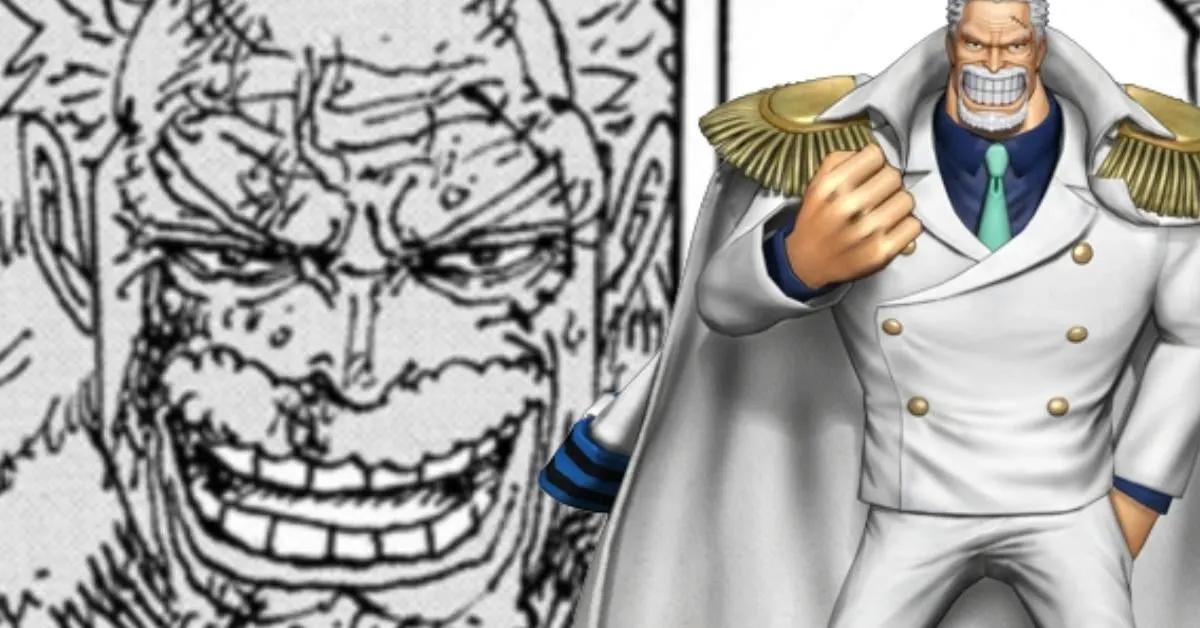
The arc set on the remote island of God Valley revisits a long-shrouded moment in the One Piece world: a clash that involved the famed pirate crew of Rocks D. Xebec, the up-and-coming legend Gol D. Roger (alongside his pirate crew), the Marines under Garp’s participation — and the presence of the Celestial Dragons, the ostensible masters of the World Government and symbols of unaccountable power.
The unfolding of this flashback has drawn in fans not just for its battle spectacle, but for the heavy lore-weight: it reveals how foundational power-structures in the world were formed, and highlights the tension between law, tyranny, and freedom.
Within this backdrop, Garp — often called “the Hero of the Marines” — finds himself squarely in the spotlight. He fought with Rocks, aided in the Marines’ operations on God Valley, yet is claimed to have deep contempt for the Celestial Dragons.
This duality is feeding the debate: how can someone serve a system whose top tier he apparently despises?
The Criticism of Garp: What Are Fans Saying?
Some of the main lines of criticism go as follows:
- Complicity through service: Even if Garp doesn’t like the Celestial Dragons, his role as a Marine means he ultimately answers to the Government — which includes those Dragons. Serving within that chain, the argument goes, makes him complicit in the tyranny that the Dragons represent.
- Questionable rescue of the Dragons: There are fan theories pointing out that during God Valley, Garp saved the children of the Celestial Dragons from attack, despite his hatred of them. One article notes: “Garp’s surprising rescue of the Celestial Dragons … showcases his strong sense of justice and unconditional care for all children.” Some viewers view that as allowing the Dragons to retain their power.
- Selective morality: If Garp is morally opposed to the Dragons’ cruelty, why did he stay in the Marines at all rather than resign, rebel, or join the Revolutionaries like his son Monkey D. Dragon? Critics argue this undermines his moral standing.
In short: the criticism revolves around the idea that you can’t be heroic and righteous while serving a corrupt system.
The Defense of Garp: Why He Deserves the Benefit of the Doubt
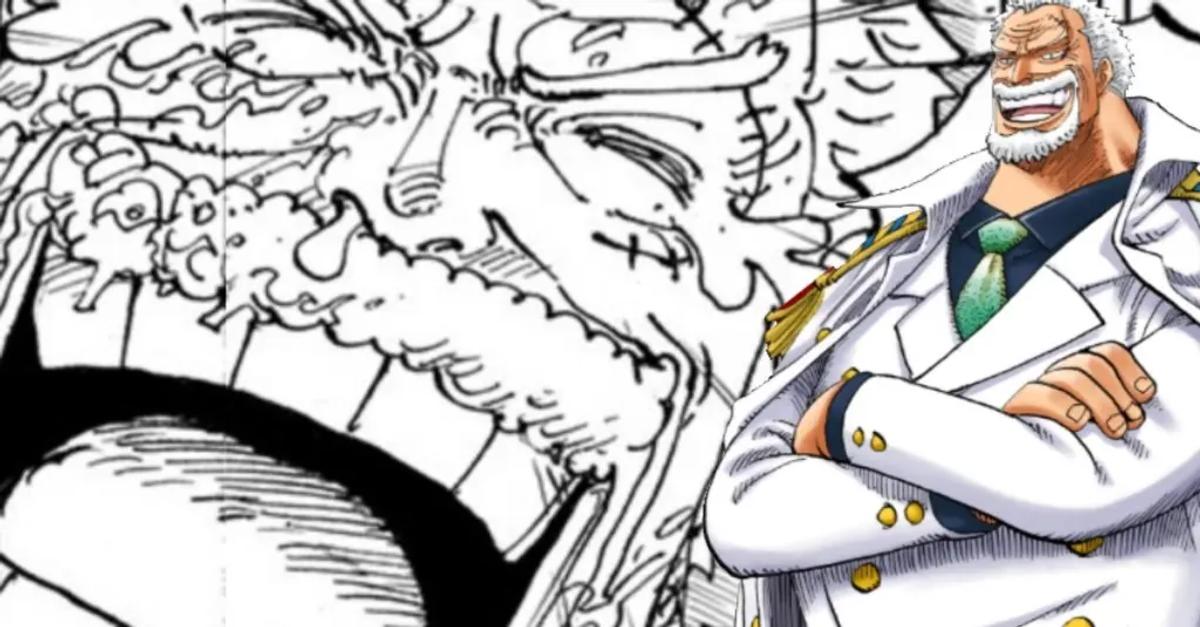
On the flip side, many fans defend Garp by pointing to mitigating factors and greater context:
- Heroism despite the system: The One Piece Wiki notes that Garp “refused the promotion to Admiral due to the fact it would make him [the Celestial Dragons’] direct subordinate.” This suggests that he accepted the rank of Vice-Admiral while deliberately avoiding full integration into the highest echelons of the Dragons’ chain of command. Some argue that this was his way of staying inside the system to do good from within, while resisting its worst excesses.
- A protector of the innocent: The aforementioned article argues that Garp rescued the dragon children because he believes “no child should have to die for the mistakes of their family.” If this interpretation holds, then his actions may reflect a deeper personal code of honour than mere obedience.
- Unique context of God Valley: The God Valley Incident is special — the Marines, Pirates and even the Dragons were all dragged into a chaotic event tied to ancient history and the formation of the current world order. Garp’s role might therefore be more complex: fighting Pirates like Rocks, resisting the Dragons’ tyranny, home-in on protecting innocents, all at once. To criticise him in black-and-white terms ignores this nuance.
- Action ≠ blind allegiance: His recorded disdain for the Dragons suggests that his service is not unthinking loyalty. From the favour he shows his own family (e.g., his grandson Monkey D. Luffy) to his refusal of higher rank, Garp comes across as a man trying to reconcile duty and conscience.
My Verdict: Was Garp’s Service a Flaw or a Strategic Moral Choice?
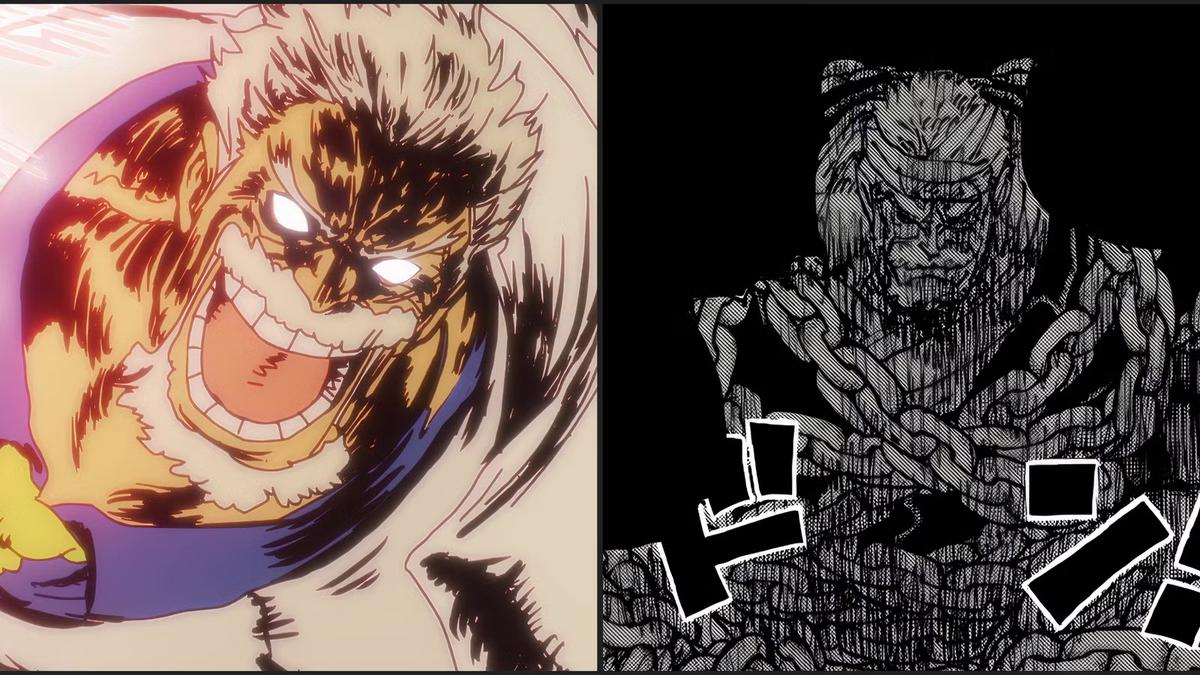
In my view, Garp does not deserve unqualified criticism for “working under” the Celestial Dragons — but he does bear responsibility for how he used that position. Here's how I break it down:
- Service = not always complicity: Holding a position within a flawed system does not automatically make you evil — especially if your internal actions subvert or mitigate the system’s worst aspects. Garp appears to be of this type: a Marine who cares about justice, not just duty.
- Context matters: The nature of the God Valley arc suggests that Garp’s actions were driven by extraordinary circumstances. A simplistic moral framework (good vs evil) doesn’t fully fit.
- But… there is still a moral cost: Even if he publicly despises the Dragons, by remaining in the Marines he enabled the system’s functioning. Who knows what abuses occurred that he did not stop? His refusal to completely break free means some of the structural oppression remains unchallenged.
- Redemption lies in action: The fact that fans largely respect Garp shows that his deeds have spoken louder than his chain of command. If he actively protects innocents, resists orders, or trains Marines to be better rather than blind, then his service becomes a kind of moral resistance.
So: Garp is not a flawless hero, but nor is he culpable in the way that a blind enforcer of the Celestial Dragons would be. He lies in the morally grey — and arguably more interesting — zone.
Why This Matters: The God Valley Arc’s Larger Implications
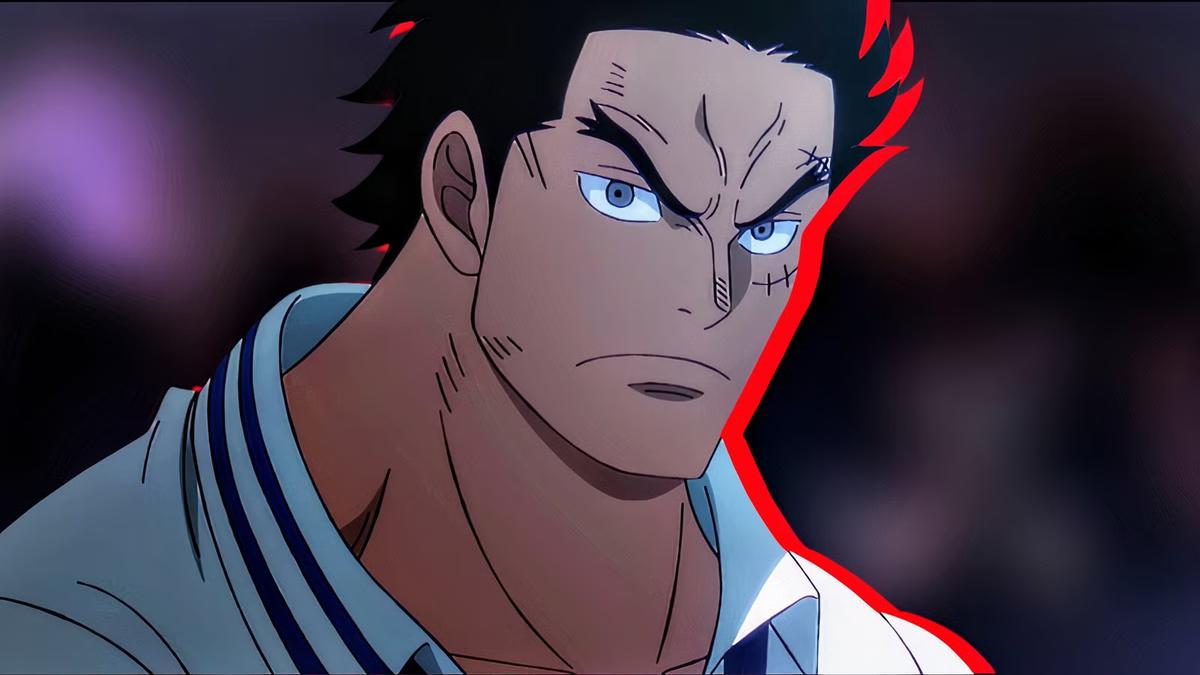
That fans are still debating Garp’s moral standing amid the God Valley flash-back underscores how important this arc is for the One Piece narrative. It’s no longer just about the adventures of the Straw Hat Pirates, but why the world is the way it is — and how characters like Garp helped shape it.
- The arc forces reinterpretation of long-held characters: Garp is no longer “just the old Marine” — his internal conflict is showcased in full.
- It emphasises legacy and generational struggle: his son, Monkey D. Dragon, openly rebels against the same system that Garp served, showing how ideals evolve.
- It adds weight to the theme of systemic injustice vs individual agency. Garp embodies the tension: can a person within the system do good? Or must they become an outright rebel?
Final Thoughts
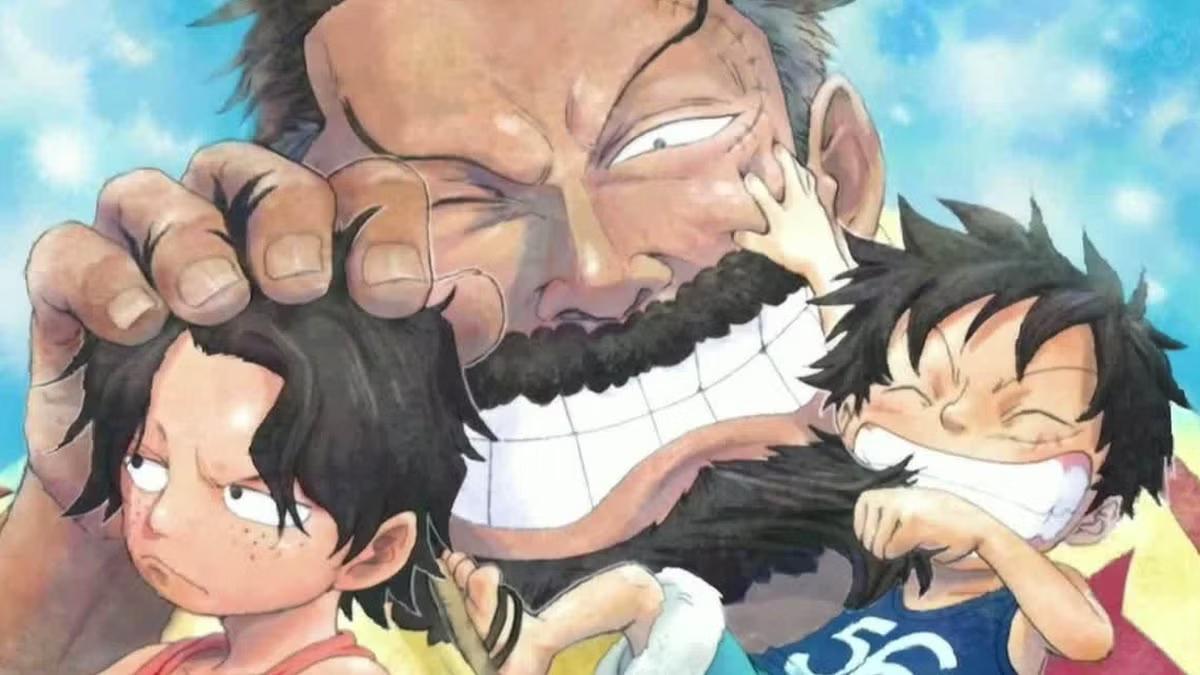
At the end of the day, the question of whether Garp deserves criticism depends on how you define “working under” the Celestial Dragons. If you mean “unquestioning obedience” then no — Garp doesn’t qualify. If you mean “being part of a system whose ultimate authority is the Celestial Dragons,” then yes — he is part of that system.
My conclusion: Garp deserves qualified praise for navigating a wicked system with a strong internal moral compass, rather than blanket condemnation. The real test moving forward will be whether the One Piece story shows him actively dismantling or radically reforming the system, or perpetuating it — and how he reconciles his ideals with his legacy.







